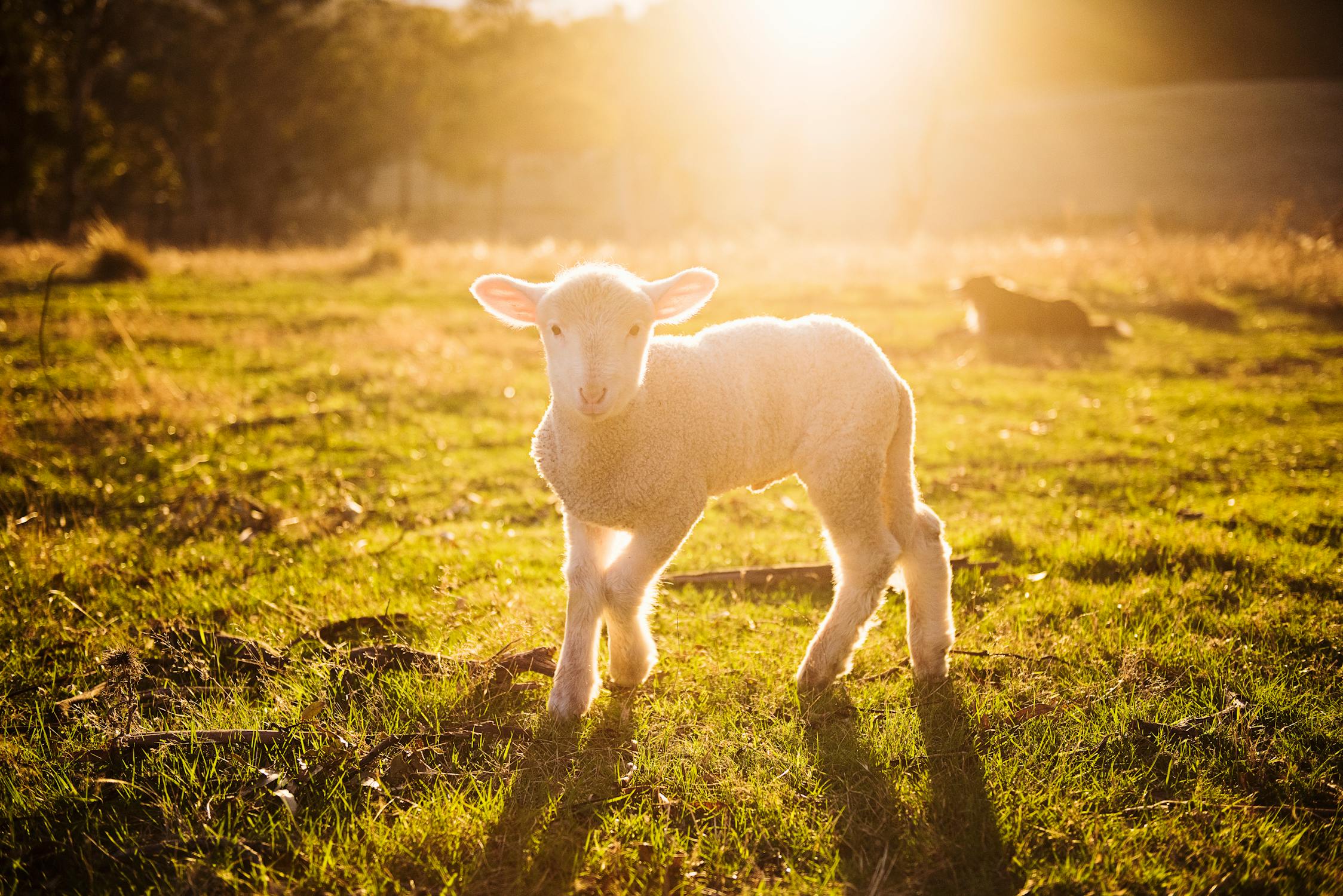The narrative of Adam’s sin and its consequences is found in the early chapters of Genesis. When Adam and Eve disobeyed God by eating from the tree of the knowledge of good and evil, which they were commanded not to eat from, it brought sin into the world. The Bible describes how this act of disobedience affected creation as a whole, not just humanity.
Genesis 3:17-19 outlines the consequences of Adam’s sin, with God saying to Adam, “Cursed is the ground because of you; in pain you shall eat of it all the days of your life; thorns and thistles it shall bring forth for you; and you shall eat the plants of the field. By the sweat of your face you shall eat bread, till you return to the ground, for out of it you were taken; for you are dust, and to dust you shall return.”
While the Bible does not explicitly detail the punishment of animals for Adam’s sin, the curse upon the ground and the introduction of death into the world had ramifications for all of creation. Romans 8:19-22 explains this further, “For the creation waits with eager longing for the revealing of the sons of God. For the creation was subjected to futility, not willingly, but because of him who subjected it, in hope that the creation itself will be set free from its bondage to corruption and obtain the freedom of the glory of the children of God. For we know that the whole creation has been groaning together in the pains of childbirth until now.”
These passages suggest that the sin of Adam had cosmic consequences, subjecting the entire creation to “bondage to corruption.” This includes animals and the environment, both of which suffer as a result of human sinfulness. The “groaning” of creation reflects the disordered state brought about by sin, affecting all living beings, not just humans.
However, the Bible also speaks of redemption and restoration. The same passage in Romans 8 that speaks of creation’s groaning also speaks of hope — the hope that all creation will be “set free from its bondage to corruption” and will “obtain the freedom of the glory of the children of God.” This points to a future restoration of all things, including animals and the natural world, through Christ’s redeeming work.
In summary, while animals and the rest of creation suffer as a consequence of human sin, the Bible presents a vision of hope for all creation’s eventual restoration and freedom from the effects of sin.





Leave a Reply